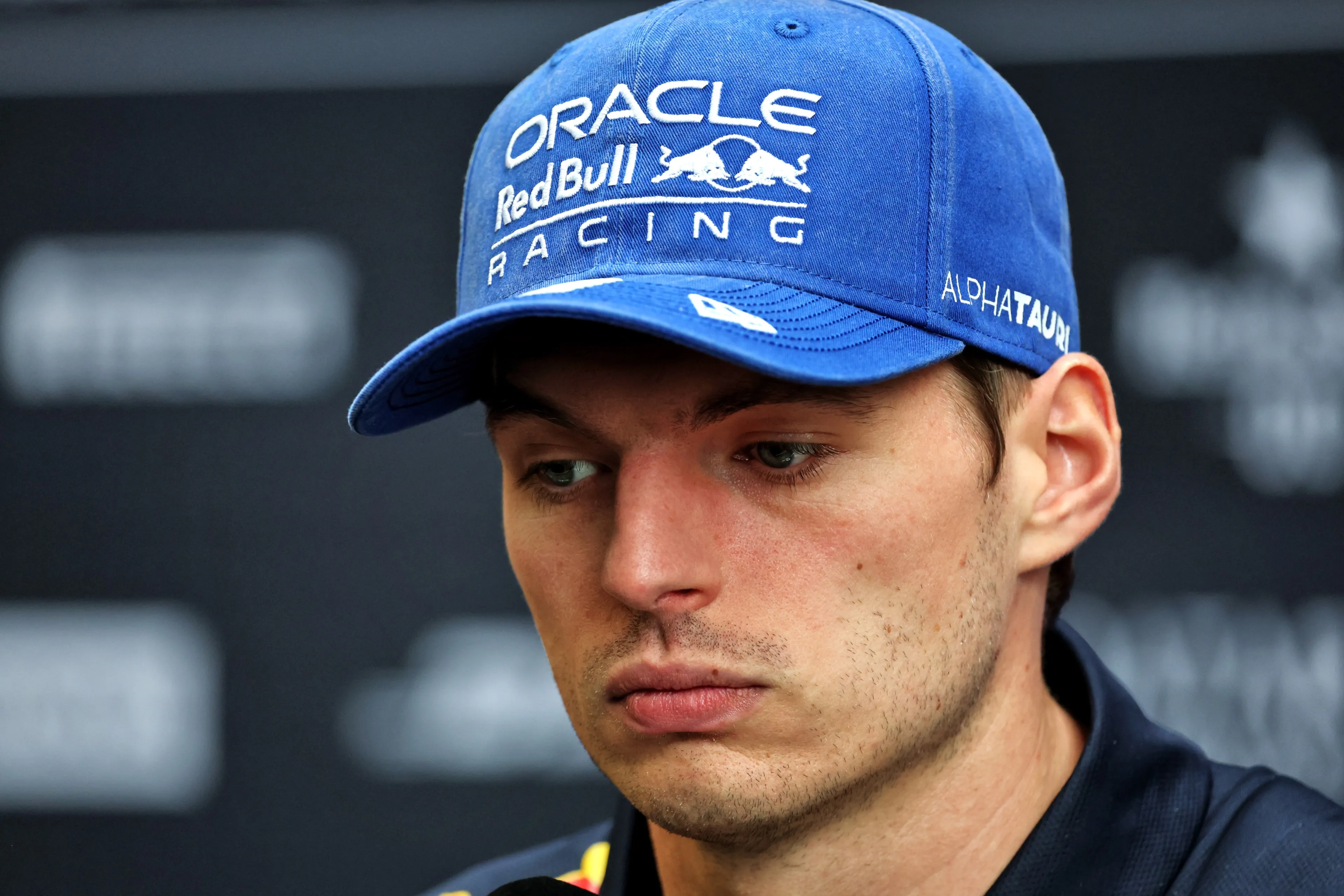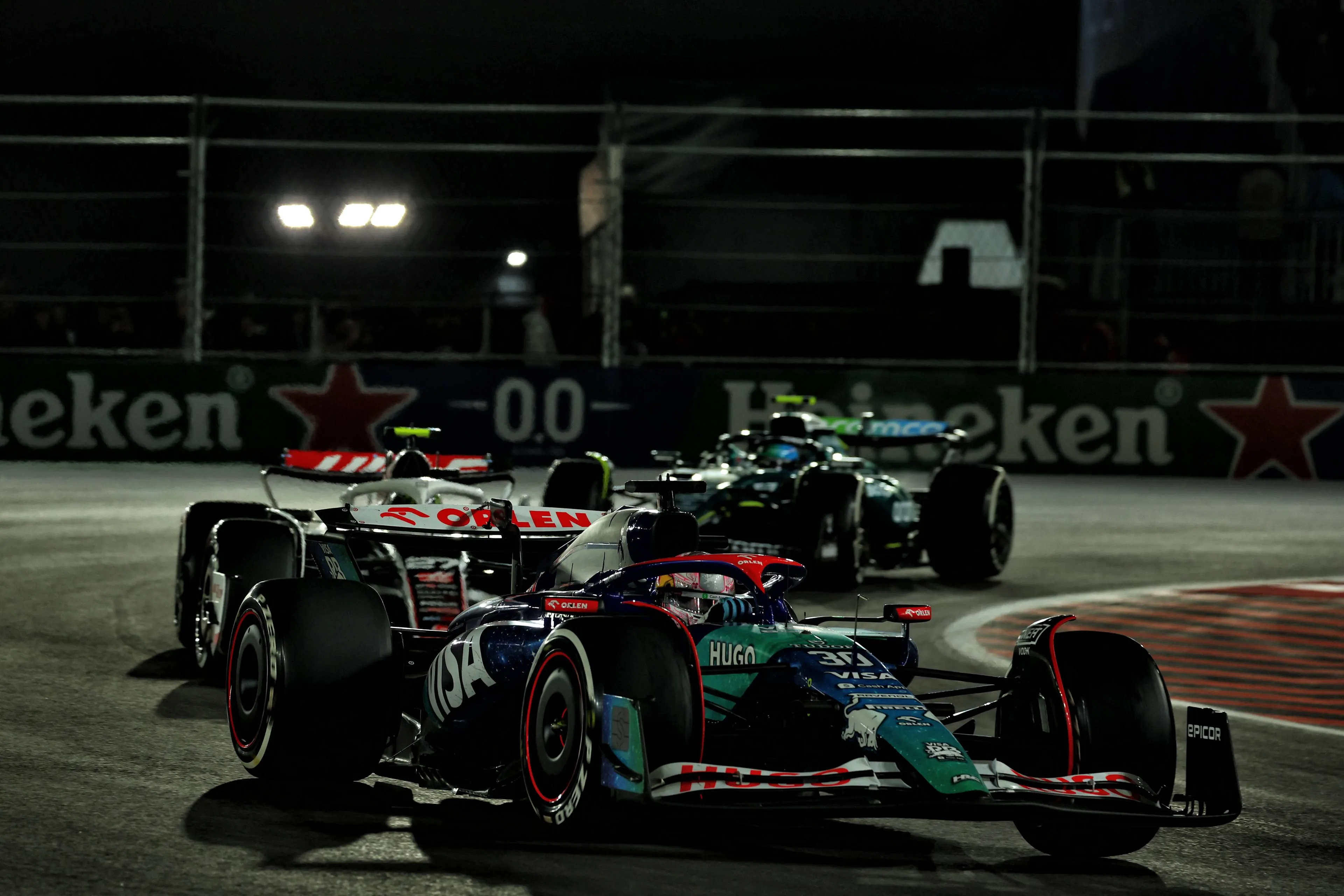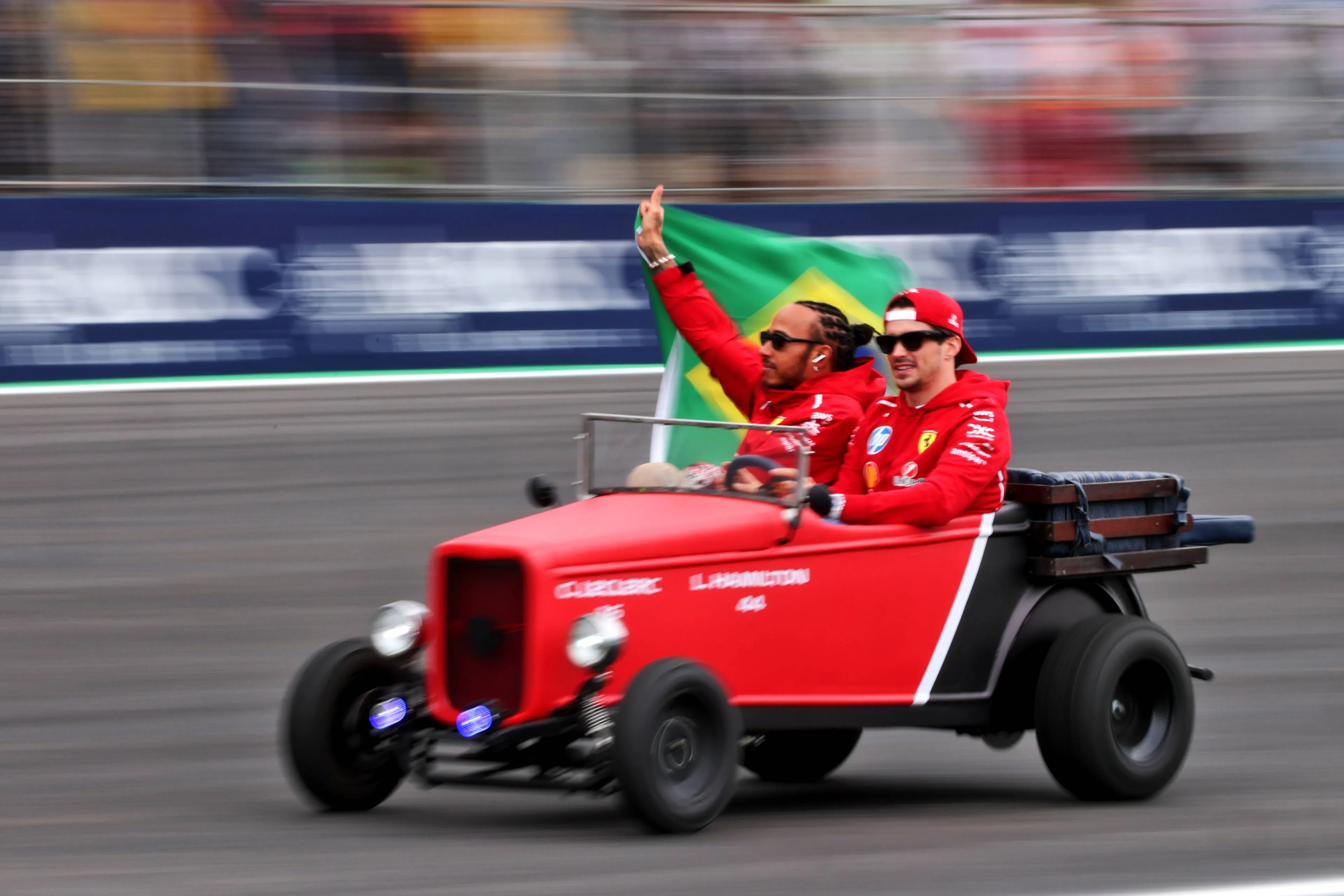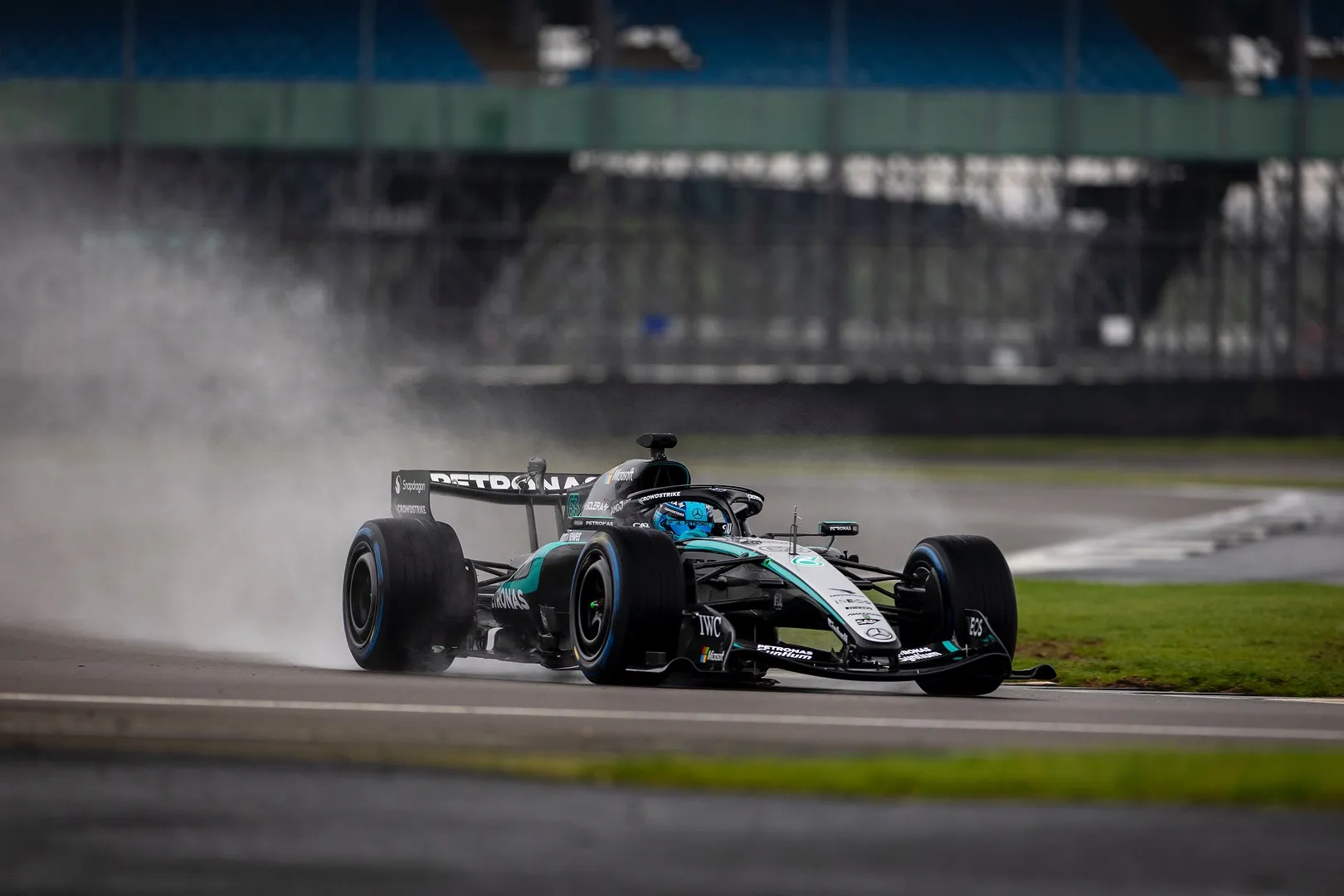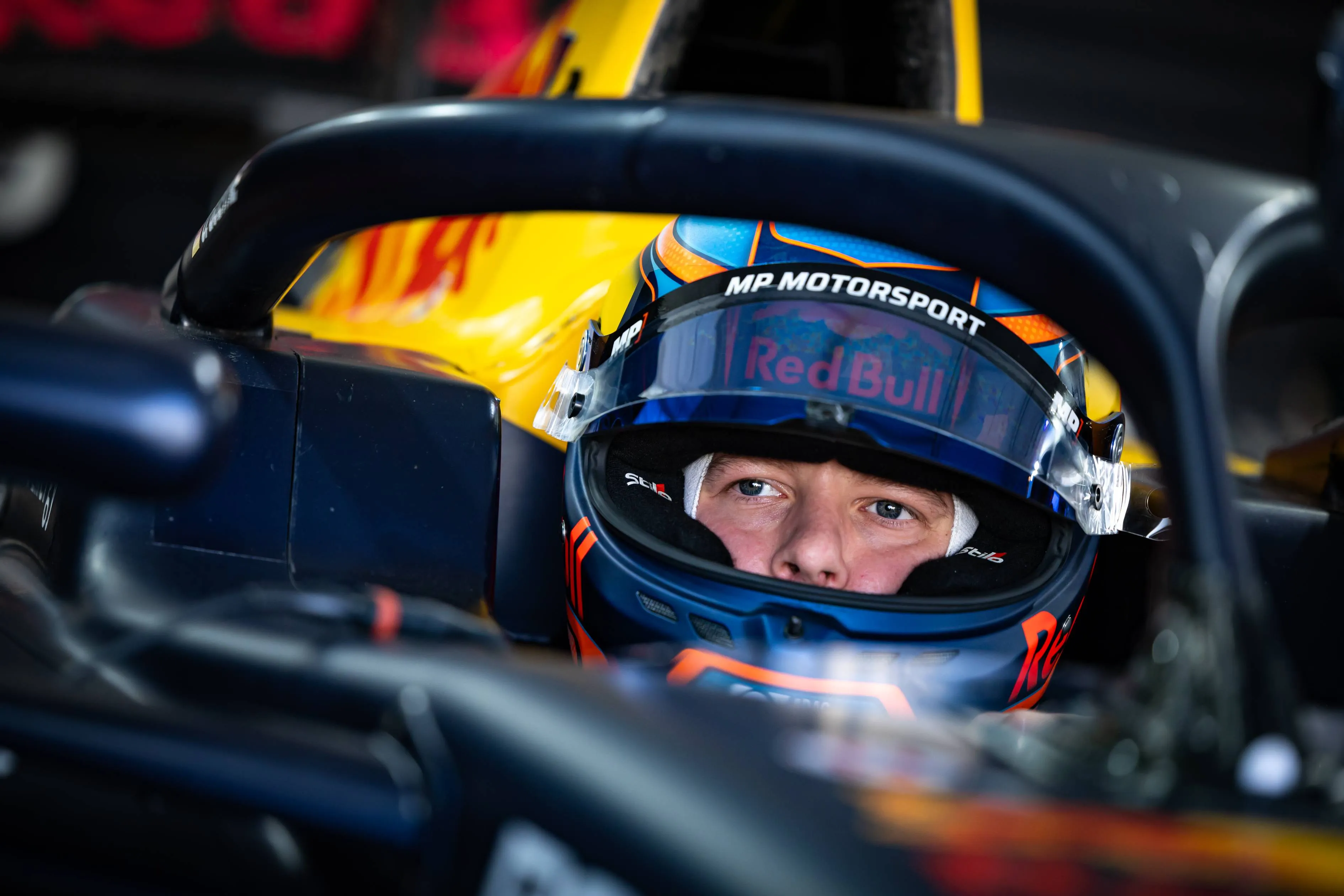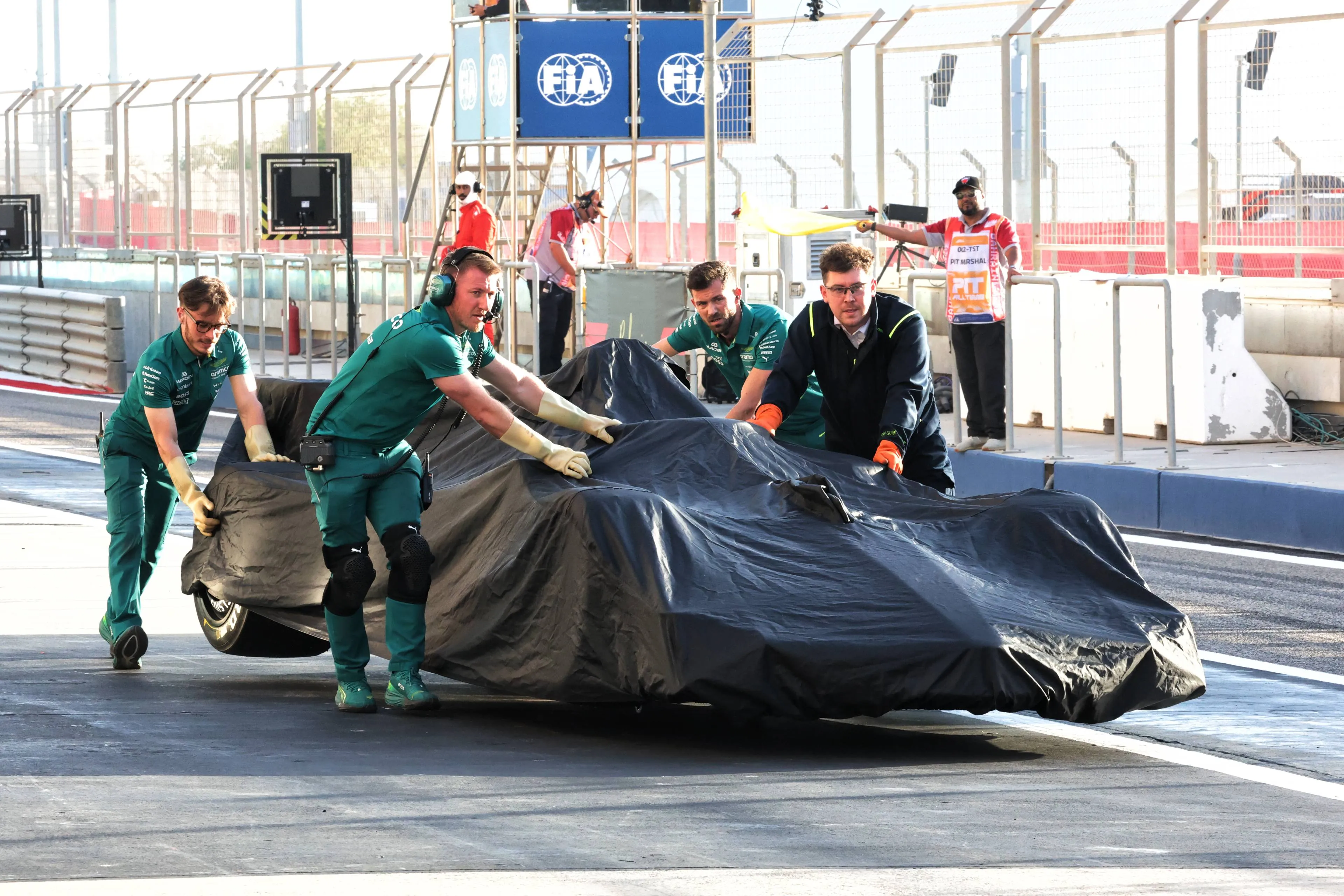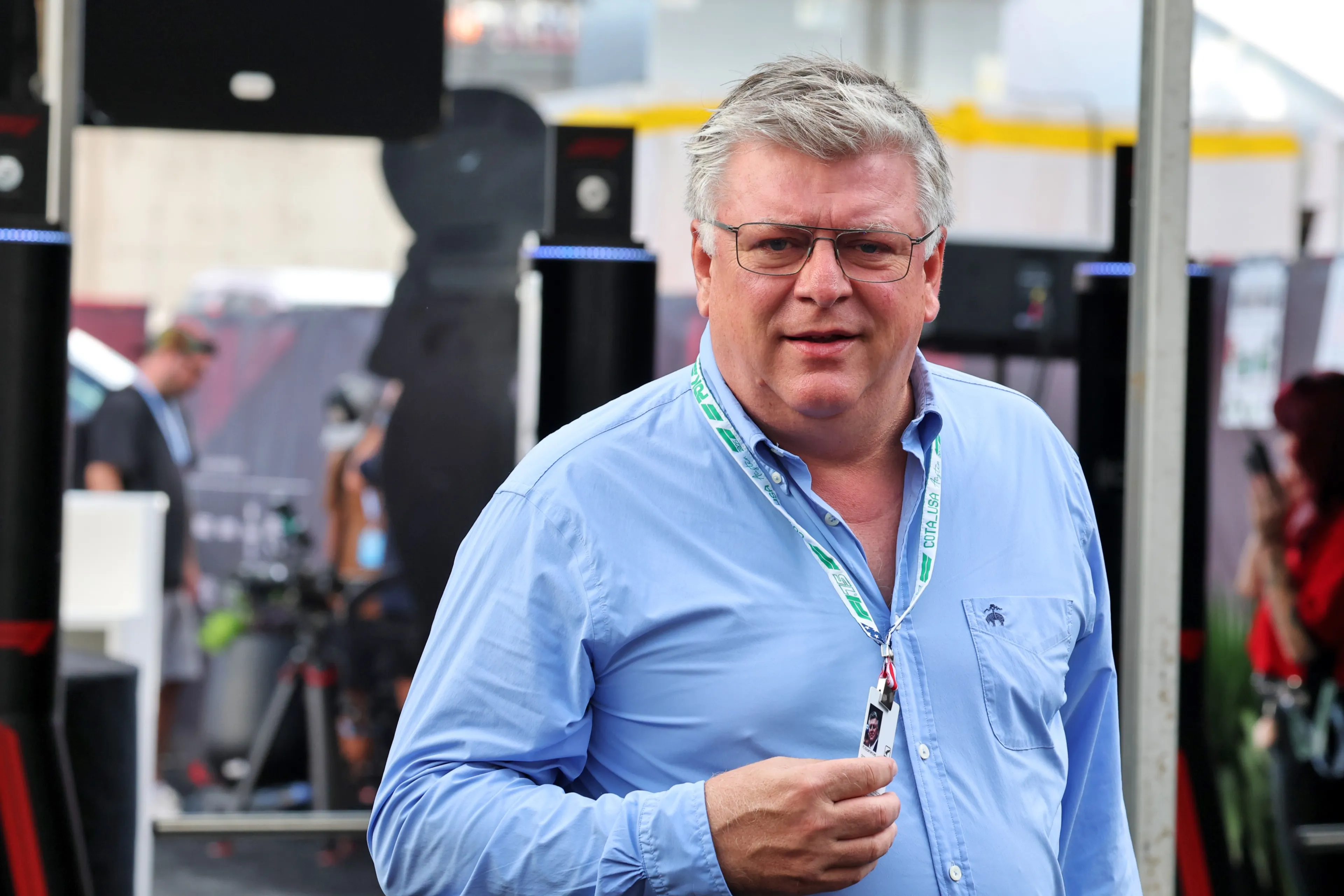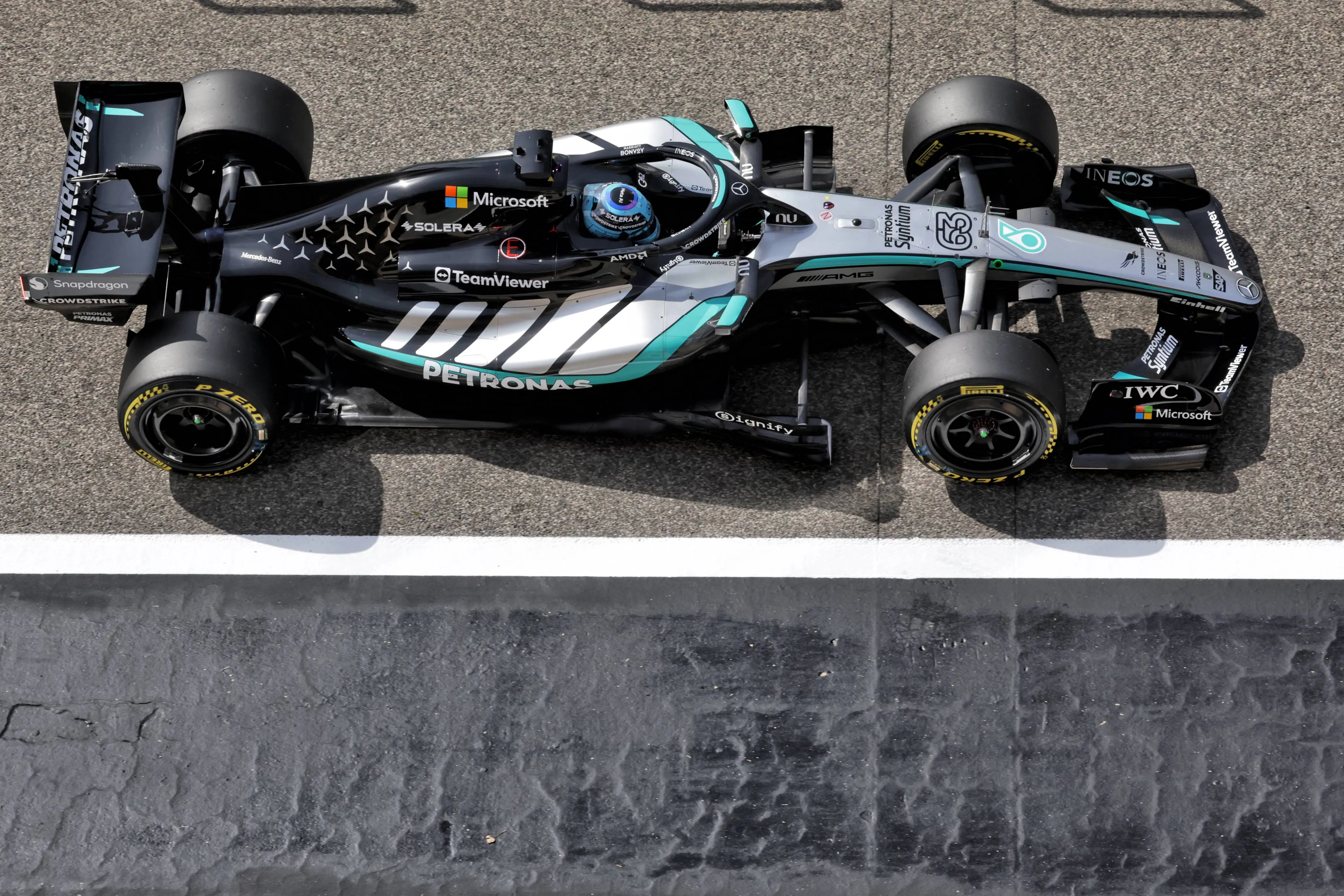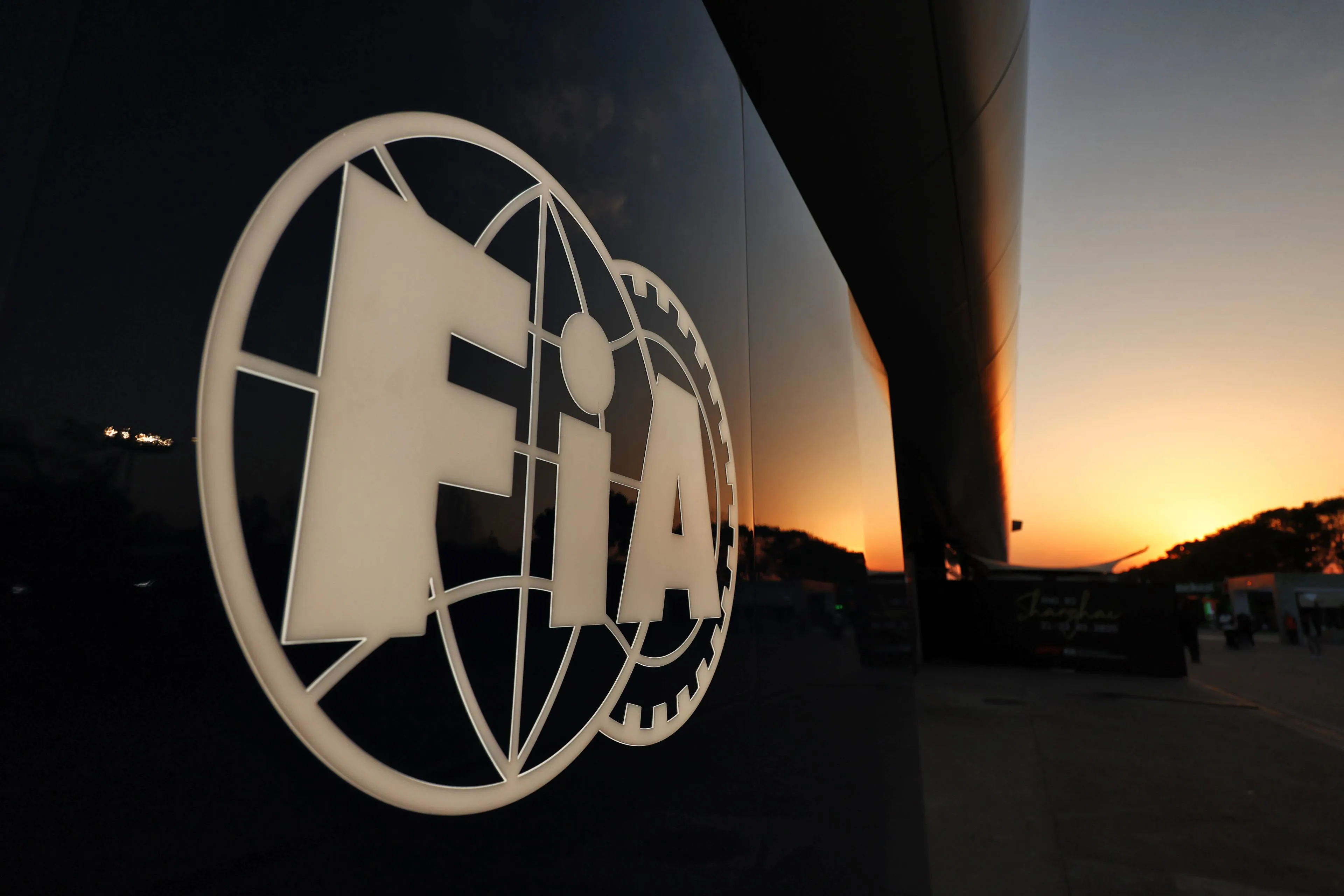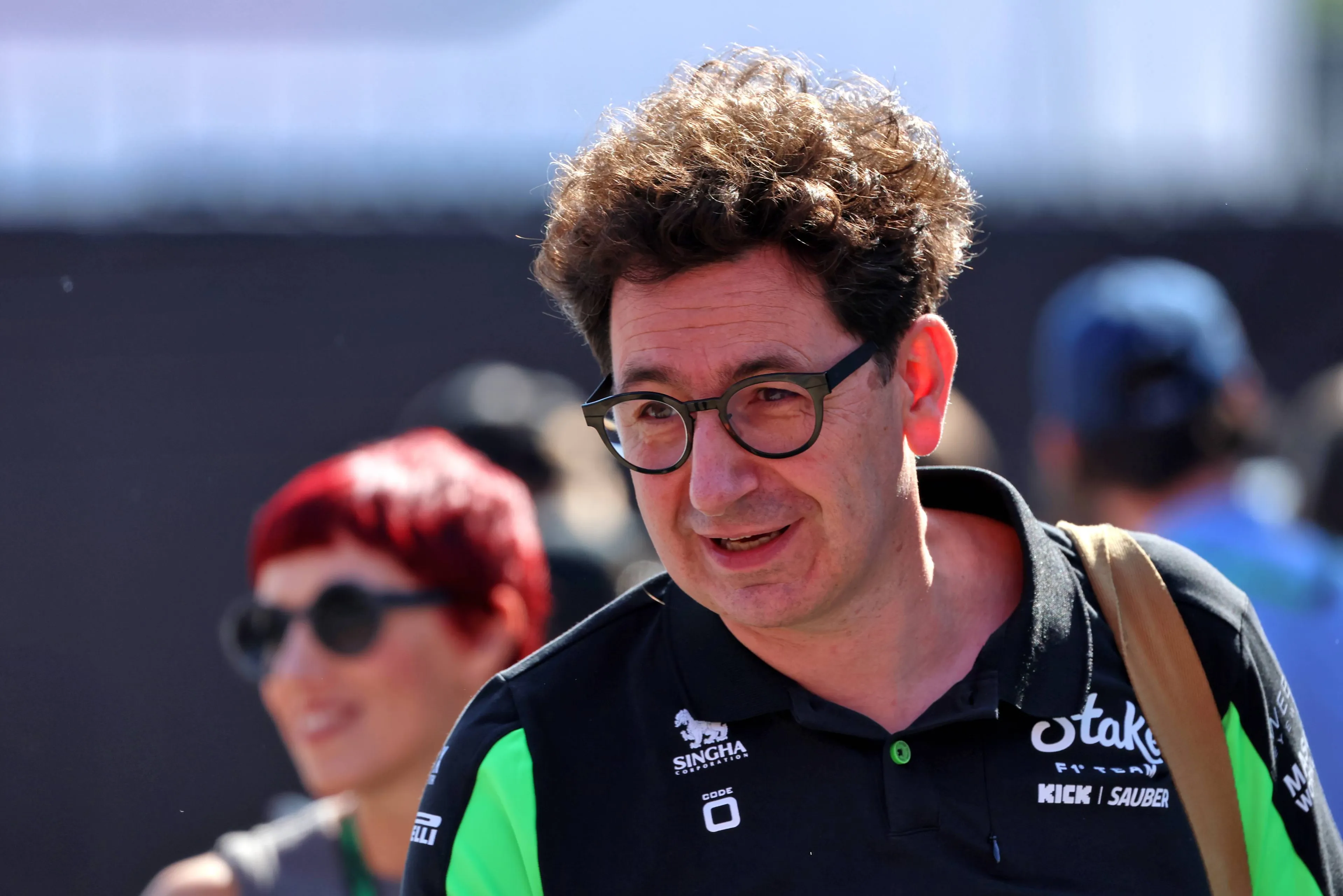
Photo: Race Pictures
Audi breaks open 2026 pandora box - Two factors will determine top teams
19:32, 18 Nov 2025
1 Comments
Audi is set to make its F1 debut in 2026, when F1 premieres its highly anticipated new sets of technical regulations, and the German team's CTO and COO Mattia Binotto has just revealed the two key factors that will determine the real pecking order by Adu Dhabi next year.
"Whatever will be the level of competition and the level of performance of each single team, for me, the best teams will be the ones that are capable of reacting quickly, and developing quickly."- Mattia Binotto.
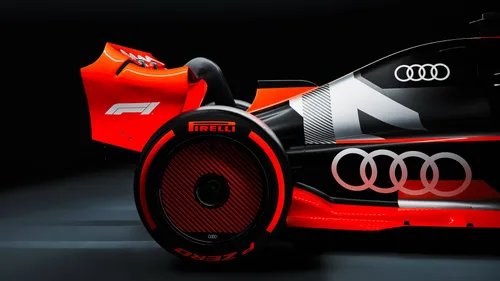
Photo: Audi F1 media.
Teams' development reaction will be key in F1 2026
Next year F1 is introducing what is largely believed to be the biggest regulations overhaul in the modern era, perhaps even in the history of the sport, as a myriad of factors encompassing the power units, the aerodynamics, the chassis, the fuel and the tyres will face substantial changes.
So, the ability to react in terms of development, Binotto argued would be ky in determining the pecking order during next year's campaign.
“I don't think we can judge who will be the best team by the start of next season,” Binotto said at the team's car concept reveal in Munich. “It's more how the teams will be capable of reacting later.
“Because whatever will be the level of competition and the level of performance of each single team, for me, the best teams will be the ones that are capable of reacting quickly, and developing quickly.”
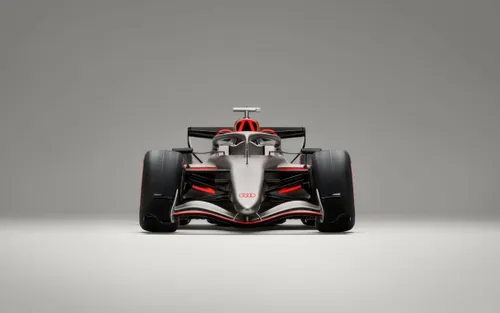
Photo: Audi F1 media.
Simulation tools not yet tuned for 2026
The former Ferrari technical leader and team principal warned that the significant changes made it essential for teams to harmonize their chassis, aerodynamic philosophy and power unit operation, a complicated task that could change the way teams extract performance from their vehicles.
The necessary simulation and CFD tools, which are crucial when attempting to find the right direction for the car's development, have led teams astray time and time again, Binotto thinks have not yet been properly incoming regulations change, something some teams could capitalise on, or be crushed by next year.
“There will be a significant change as well on the aero and on the vehicle side,” the former Ferrari team principal explained. “So, it's combining two effects, both the power unit and the chassis and the aero.
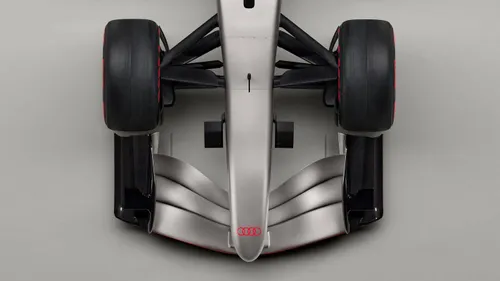
Photo: Audi F1 media.
“We believe that the parameters, or the variables that before were important for performance, may be different tomorrow. So, we believe that with the new regulations, what counted before to go fast could be different.
“So, it means that as well, all the tools that were back in the factory, the simulations that were fine-tuned for the current regulations, need to be completely reviewed for the next one, because it's not the same parameters that will have the same level of importance.
“I think that change is something which we are not used to. And it may be that at the start of next season, some of the teams would have done it properly, some others not, because the tools are not yet properly tuned.”
Audi is already focusing on F1 2027 and 2028 cars
Audi has shifted parts of its Formula 1 development focus from its 2026 debut car to the 2027 and 2028 machines, CTO Stefan Dreyer said, click here to find out why.
GPblog's latest F1 Paddock Update
Want to stay up-to-date with what happens in the F1 paddock? Then GPblog's F1 Paddock Update video is the perfect way to do it. Subscribe to GPblog's YouTube channel and turn on notifications to never miss the latest episodes.
Read also
Read more about:
Rumors
Popular on GPBlog

1
F1 driver ‘stoked’ by Lewis Hamilton and Kim Kardashian romance rumours
897 times read
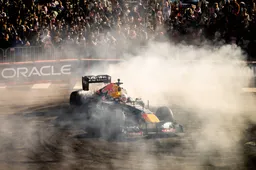
2
F1 Today | Tsunoda drama unfolds as Domenicali teases joint F1 launch comeback
740 times read
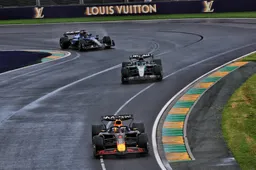
3
2026 Formula 1 Australian Grand Prix: Full schedule and session timetable
546 times read

4
Ex-F1 team boss survives scary plane incident in the United States
527 times read
Loading

